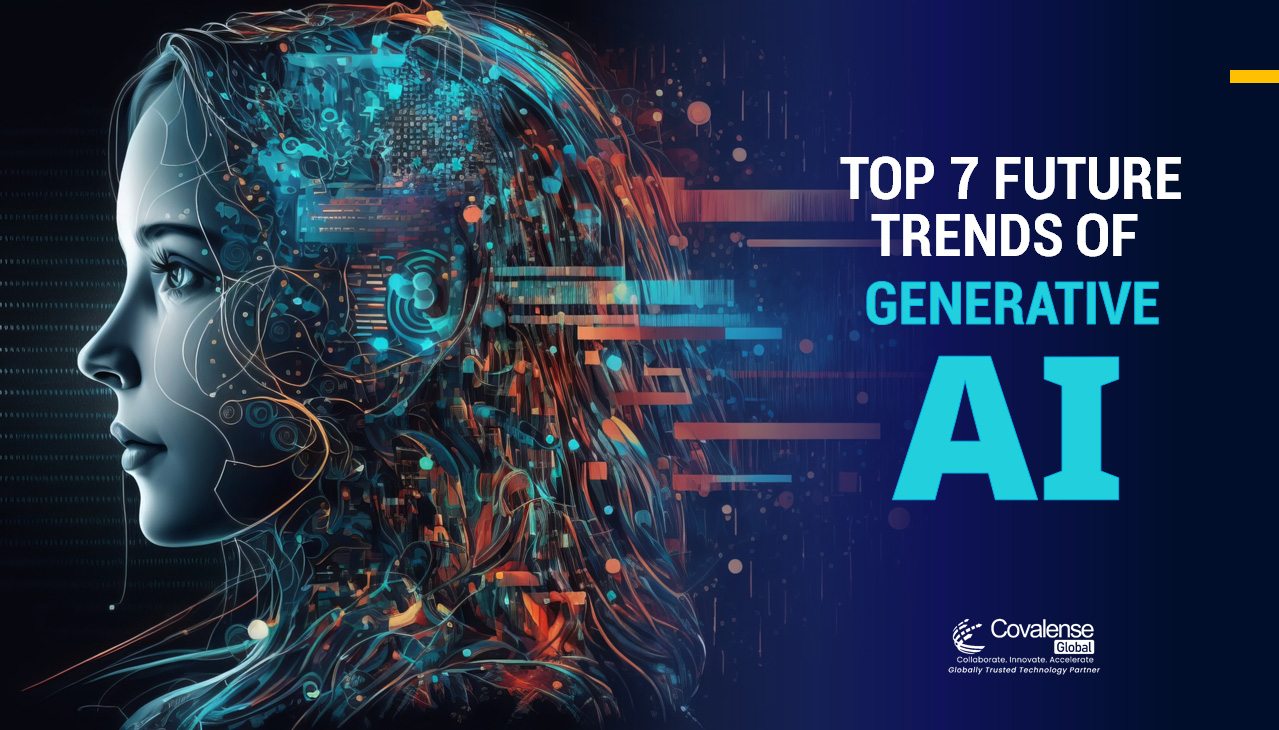Future of generative AI Models

The future of generative AI models holds great promise and is expected to bring about several advancements and innovations. Here are some potential directions and developments:
-
Improved Model Capabilities:
- Continued advancements in model architectures and training techniques are likely to result in more powerful and sophisticated generative models.
- Models with better understanding of context, nuanced language, and improved creativity may emerge.
-
Multimodal Generative Models:
- Future models may integrate information from various modalities, such as text, images, and audio, to generate more diverse and rich content.
- This could lead to the creation of AI systems that can understand and generate content across different domains.
-
Domain-Specific Generative Models:
- Generative models tailored for specific industries or domains may become more prevalent, providing targeted and specialized outputs.
- This could include applications in healthcare, finance, art, and more.
-
Real-Time and Interactive Generative Models:
- Progress in reducing latency and computational requirements may enable real-time generation of content, making generative AI more practical for interactive applications.
- Users might be able to have dynamic and engaging conversations with AI models.
-
Ethical and Responsible AI:
- There will likely be increased emphasis on addressing ethical concerns associated with generative AI, such as potential biases in generated content and misuse of the technology.
- Research and development may focus on creating AI systems that are more transparent, interpretable, and aligned with human values.
-
Customization and Personalization:
- Generative models may become more customizable, allowing users to fine-tune the output according to their preferences.
- Personalized content generation, tailored to individual users' needs and preferences, could become a common feature.
-
Collaborative AI:
- AI models may be designed to collaborate with humans more effectively, assisting in creative processes, problem-solving, and decision-making.
- This could lead to new forms of human-AI collaboration across various domains.
-
Advancements in Reinforcement Learning:
- Generative models may benefit from advancements in reinforcement learning, enabling them to learn and adapt in dynamic and complex environments.
- This could enhance the ability of AI models to handle diverse tasks and scenarios.
-
Interdisciplinary Applications:
- Generative AI may find applications in a wide range of interdisciplinary fields, including science, art, design, and education, fostering innovation and creativity.
-
Regulatory Developments:
- As generative AI becomes more widespread, there may be increased attention to regulations and guidelines to ensure responsible and ethical use.
- Governments and organizations may establish frameworks to govern the deployment and impact of generative AI.
It's important to note that these projections are speculative, and the actual developments in the field will depend on ongoing research, technological breakthroughs, and societal considerations. As with any emerging technology, the future of generative AI will likely be shaped by a combination of technical advancements, ethical considerations, and societal discussions.
Thank you.
